As an English major, I wrote a lot of papers. So it should be no surprise that several of them were written hours before they were due, which I would not recommend if possible. But we don't live in an ideal world, so:
1. Don’t panic.

You will write much faster if you are mostly calm, collected, and focused. Freaking out never helped anyone.
2. Read the paper’s requirements thoroughly.

Nothing sucks quite as much as writing an entire paper and then realizing that you missed a crucial part or guideline for the paper...and then rewriting.
3. Pick a topic that you already know and understand well.

It can be fun to learn by writing papers on unfamiliar things, but last-minute essays are not good for that. Your goal right now is to show your professor that you understand the material.
4. Find sources that are clear, easier to read, and shorter in length.
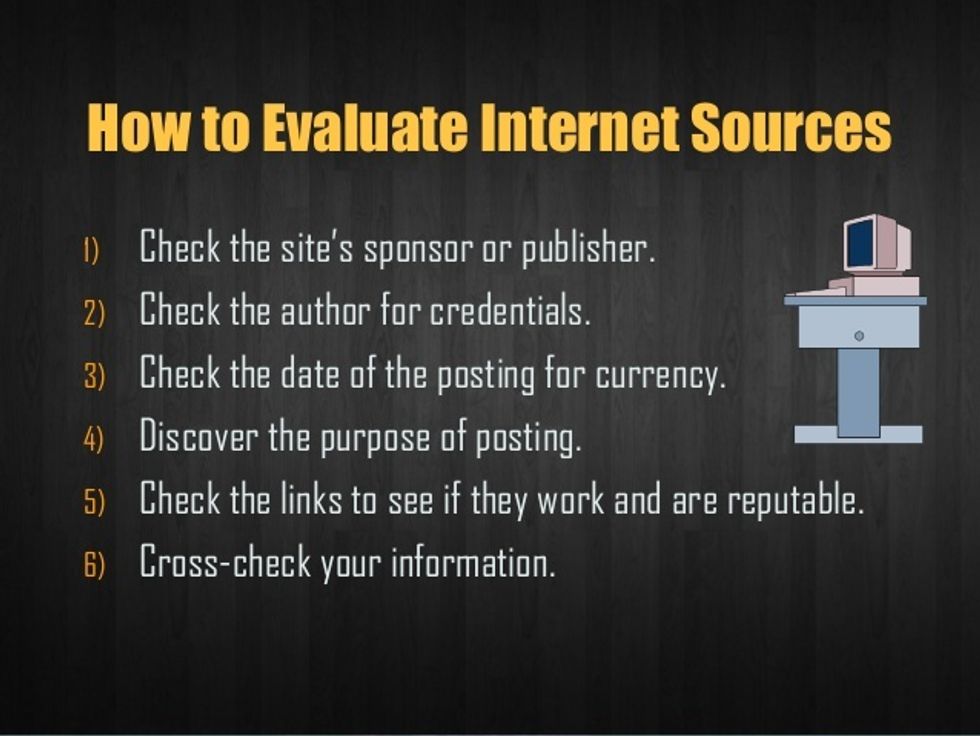
Longer does not necessarily mean more valid. You need information that is easy to find and use.
6. Focus your topic even more by doing a topic list or even an unorganized idea page.

Some of these will overlap and make great main points; others will be discarded. Use the ones that are cohesive and communicate the same point but with different approaches.
7. Create a thesis.
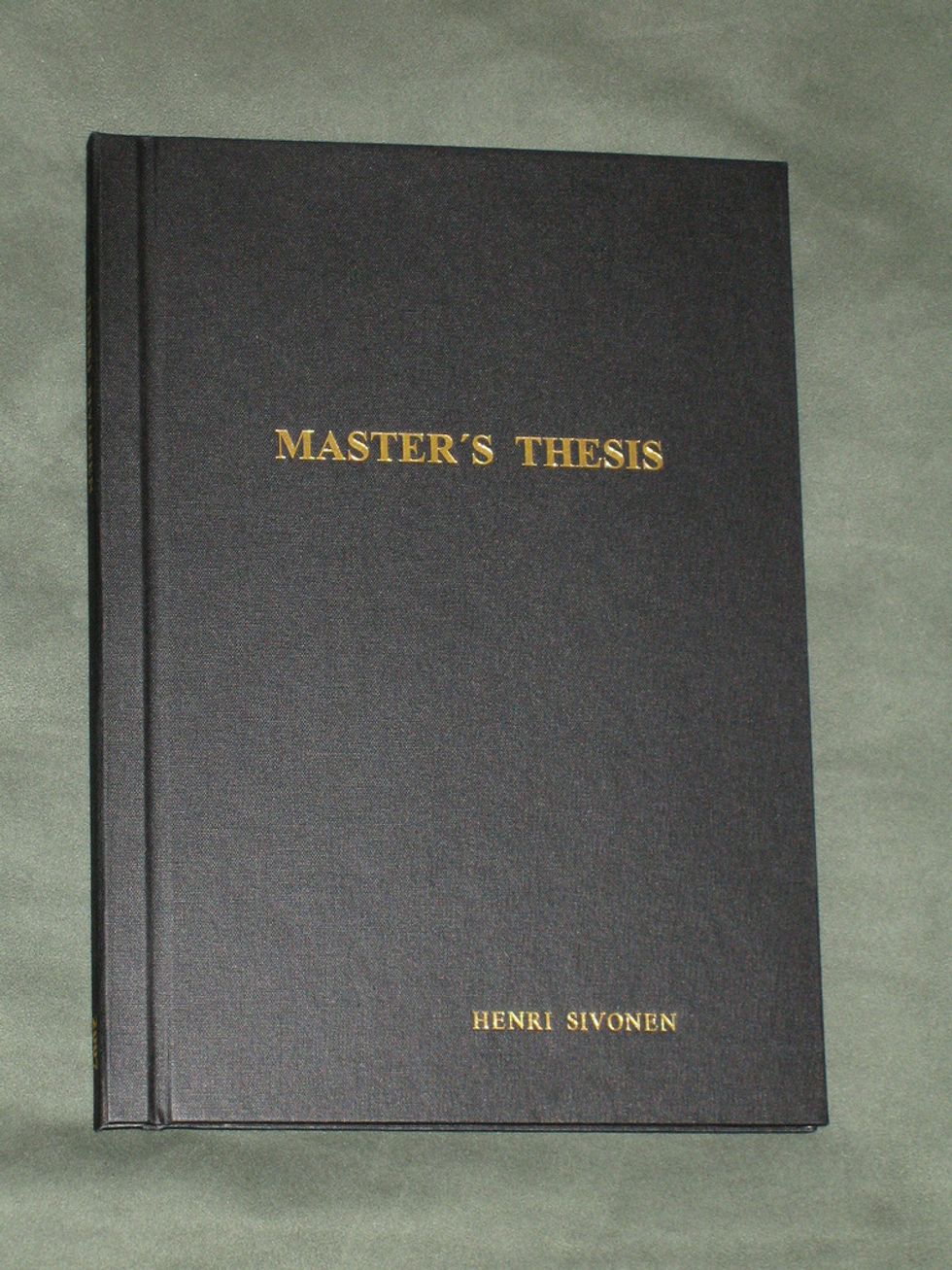
Your thesis needs to be concise and argue a point. The thesis should also contain your main points and why they are in your arguments.
8. Take your page requirement or convert word requirement to pages and multiply by two.
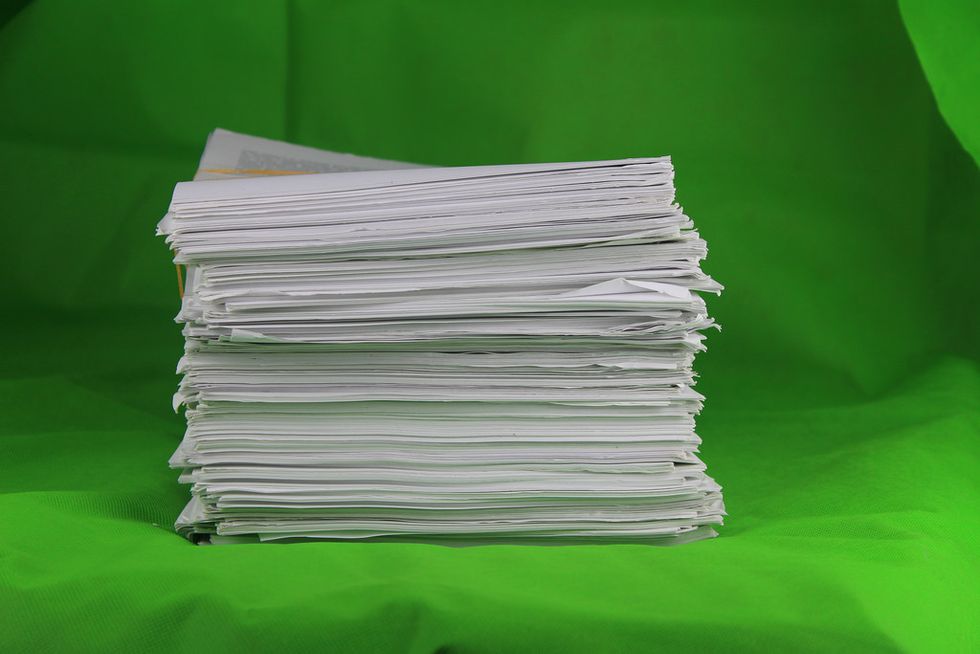
This is roughly how many paragraphs you will need. Though two of these will be your introduction and conclusion.
9. Create your outline using your points from your idea paper and the main points in your thesis statement.
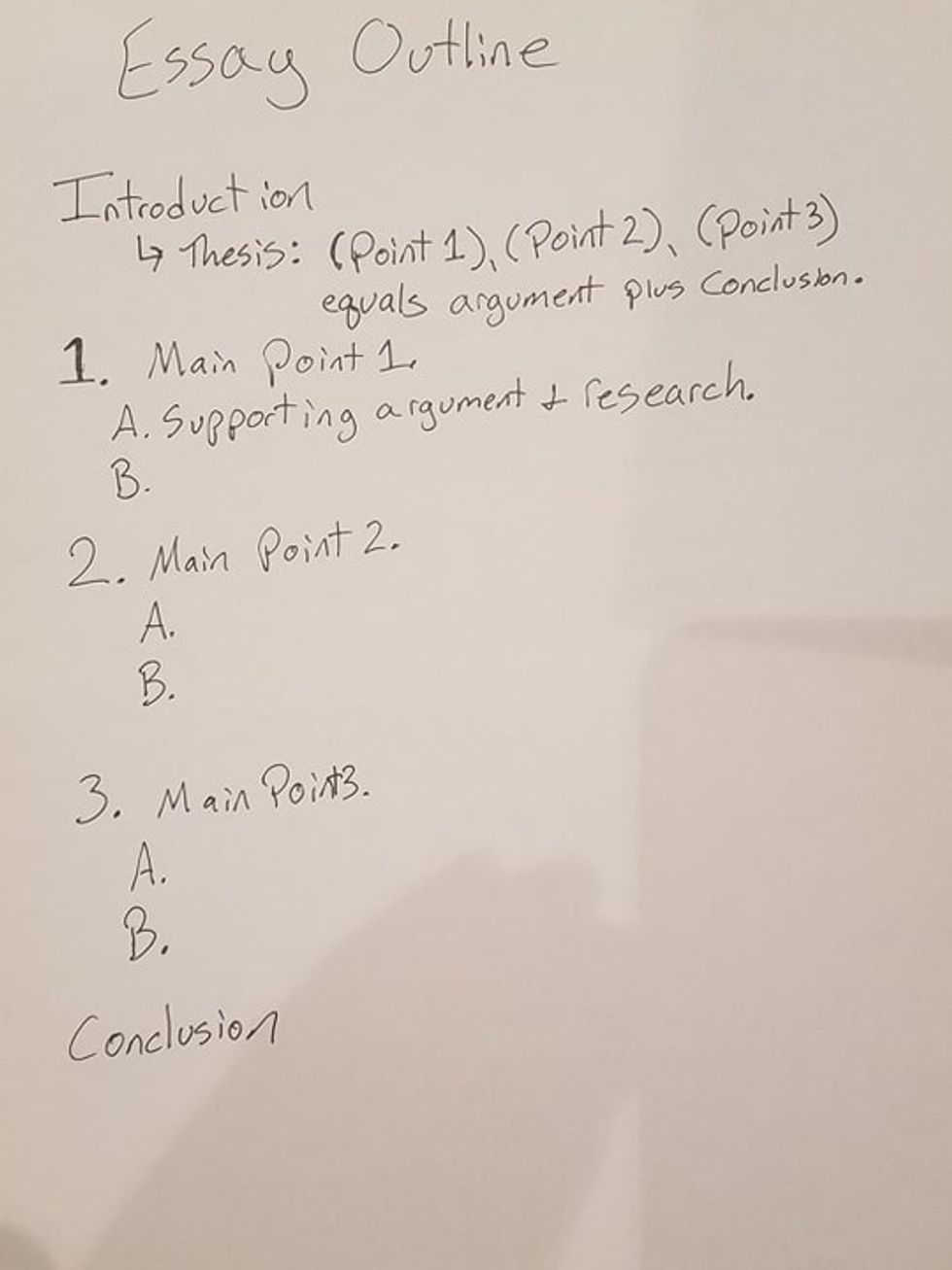
You should have about the same amount of main points and subpoints totaled as paragraphs that you need: five pages = 10 paragraphs, so two for introduction and conclusion, and eight for main and subpoints.
10. Make notes in your outline as to which sources go with which points.

Page numbers or at least chapter numbers are helpful to include here.
11. Once your paper is planned, take a five-minute break.

Go to the bathroom, grab a snack, or take a walk around the library.
12. Queue up your best paper-writing music and write.

Try to average about half a page or so for each point on your outline. Though this is not a strict guideline.
13. As your productivity wanes, take another five-minute break.

Just don't start scrolling or anything else that will distract you for longer than five minutes. The best thing is to stretch your legs. If you are in a real time crunch, sometimes creating your works cited/bibliography page feels like a mental break. You just don't want to slump.
14. When your paper is written, and if you still have a bit of time left, take another short break maybe for 10 or 15 minutes this time.
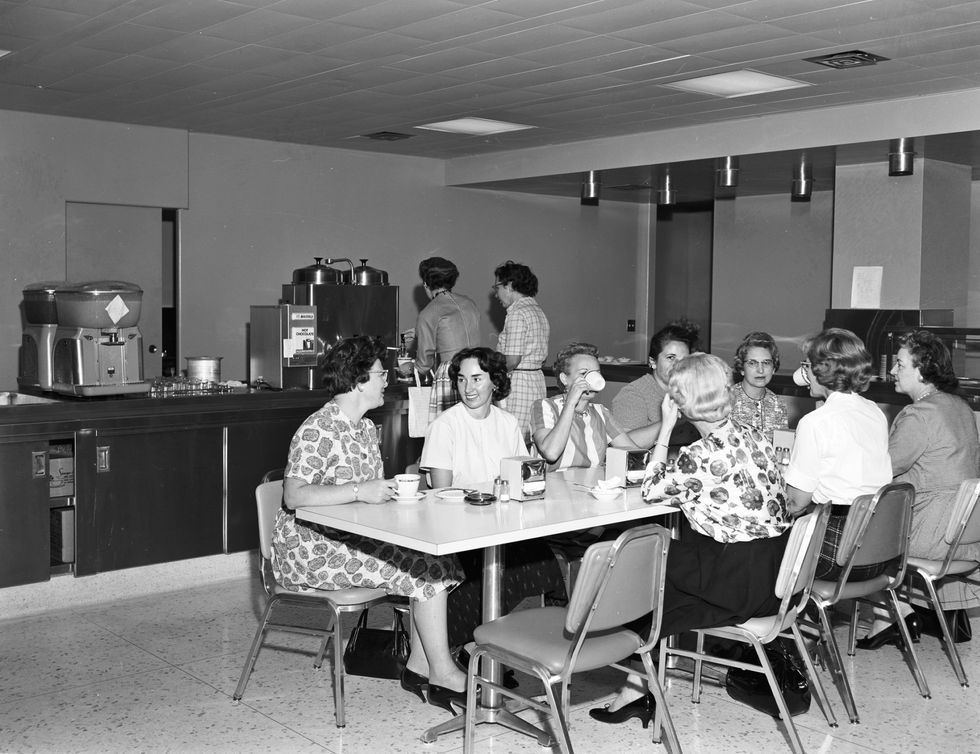
This break is also a good time to create the works cited/bibliography page.
15. Then proofread/edit your paper, even if for only five minutes.

You may catch simple mistakes that will save several points on your grade. It's worth doing.
16. Make sure all of the sources you cited are on your works cited page/ bibliography and that all the works you have on your works cited page/bibliography are used as sources in your paper.
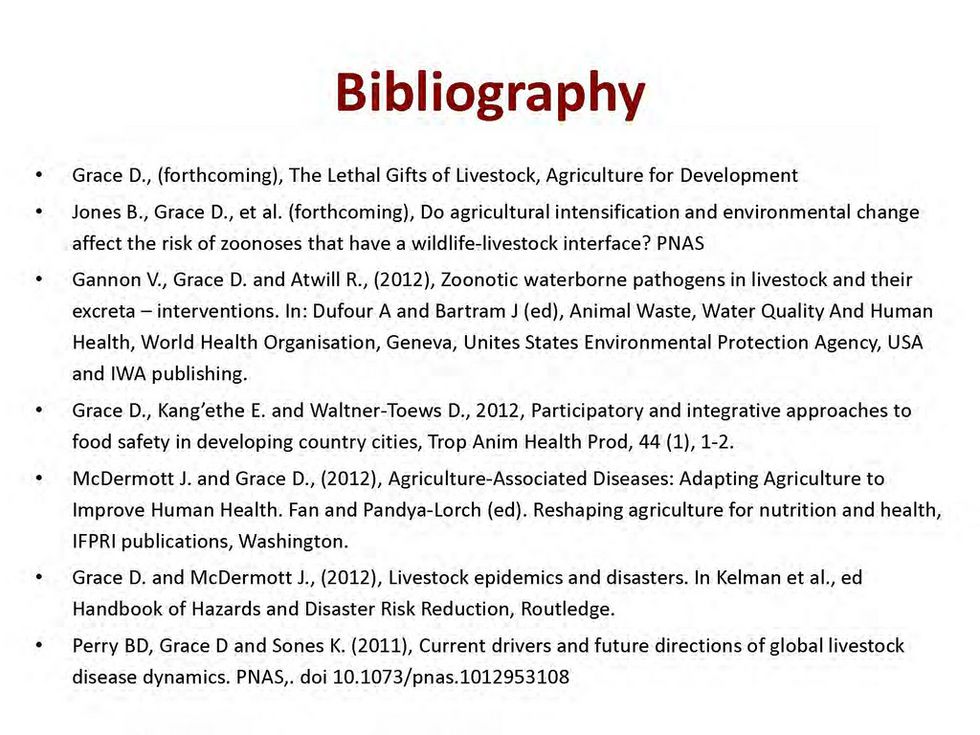
Use Word's search tool and search for the identifier of the source (last name of author or title).
17. Finally, submit that paper!!!

You did it! Take a break, treat yourself with something small, like a coffee or pizza, and try to give yourself more time to write for your next paper.
While last-minute papers are not ideal and can be quite stressful, they happen often in college. So learn how to deal with them instead of being scared of them. Happy paper writing!

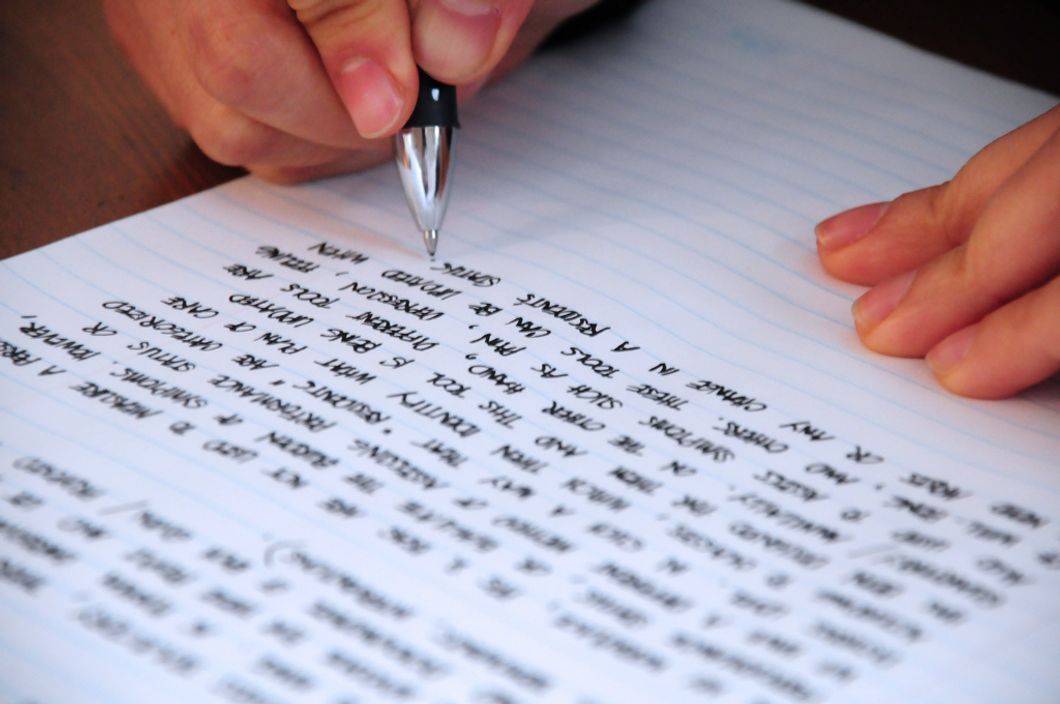
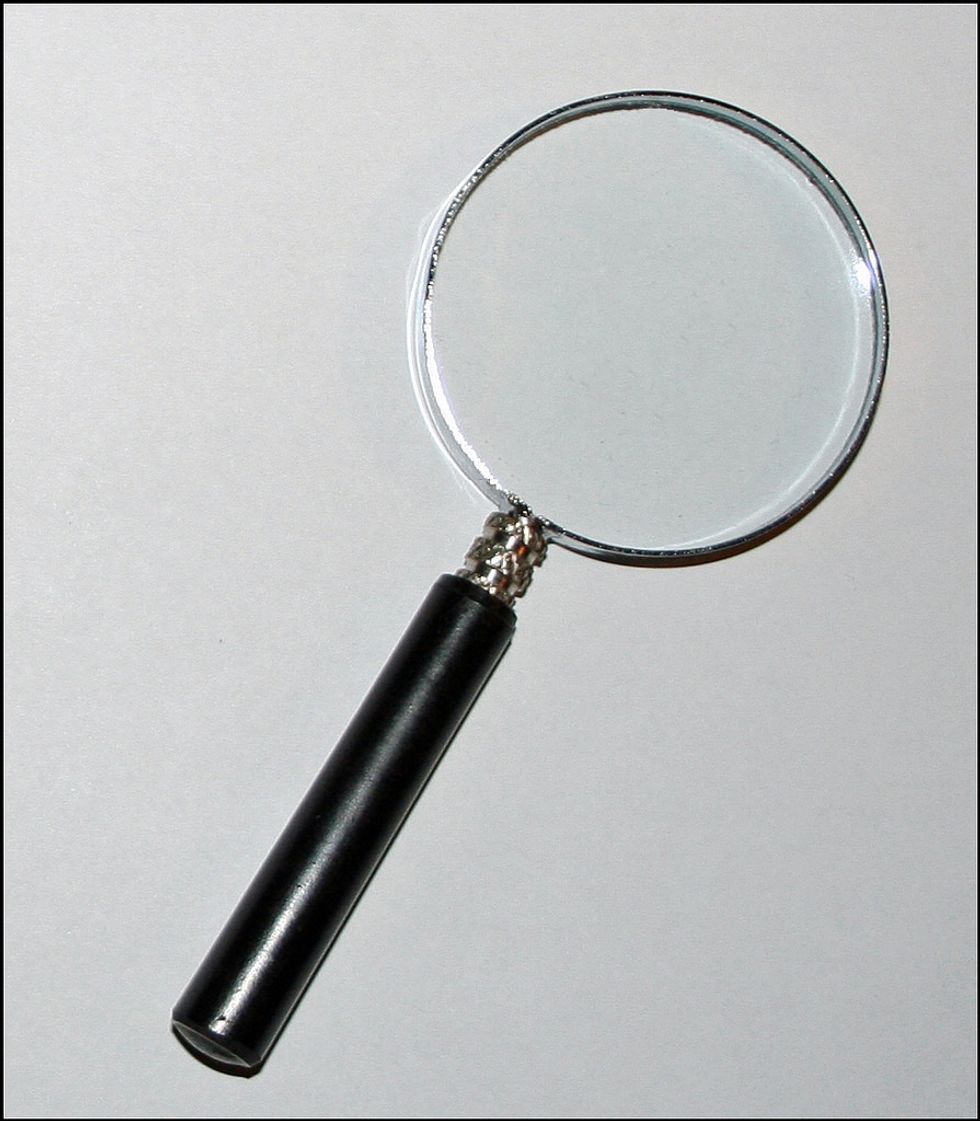

 StableDiffusion
StableDiffusion
 StableDiffusion
StableDiffusion
 student thinking i shouldnt have procrastinated all semester
StableDiffusion
student thinking i shouldnt have procrastinated all semester
StableDiffusion
 Photo by
Photo by  Photo by
Photo by  Photo by
Photo by  StableDiffusion
StableDiffusion
 StableDiffusion
StableDiffusion
 Photo by
Photo by  Photo by
Photo by 


 Lumiere figure at the Disney Store at the Ala Moana Shoppi… | Flickr
Lumiere figure at the Disney Store at the Ala Moana Shoppi… | Flickr








 StableDiffusion
StableDiffusion StableDiffusion
StableDiffusion 10. Extra BlanketsJuwenin Home 100% Cotton Knitted Throw Blanket
10. Extra BlanketsJuwenin Home 100% Cotton Knitted Throw Blanket StableDiffusion
StableDiffusion StableDiffusion
StableDiffusion File:Kishlaru familie.jpg - Wikimedia Commons
File:Kishlaru familie.jpg - Wikimedia Commons Photo by Hanna Balan on Unsplash
Photo by Hanna Balan on Unsplash StableDiffusion
StableDiffusion black blue and yellow round illustrationPhoto by
black blue and yellow round illustrationPhoto by 













